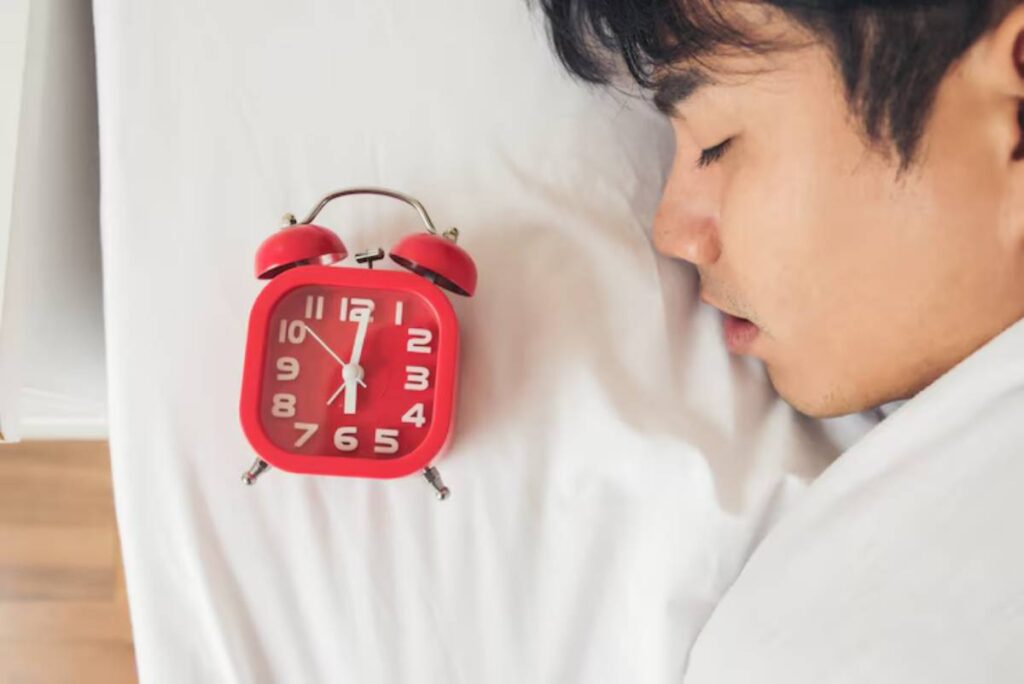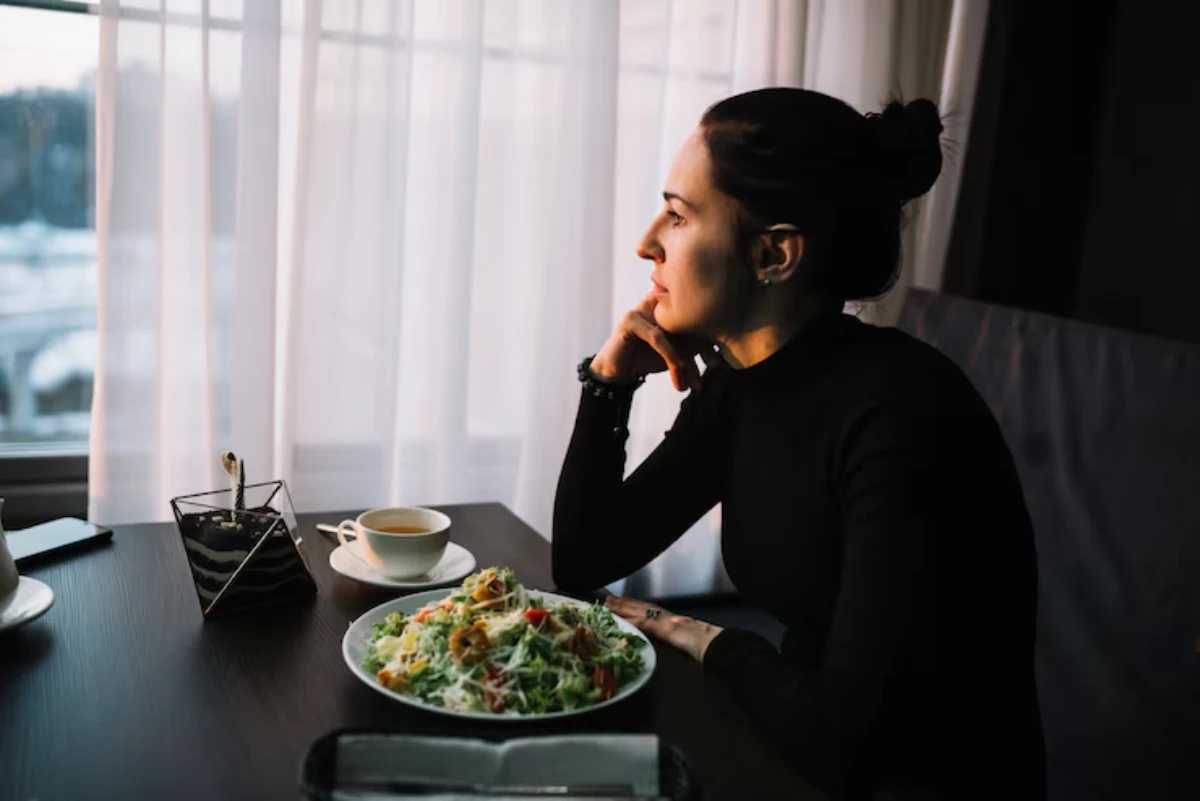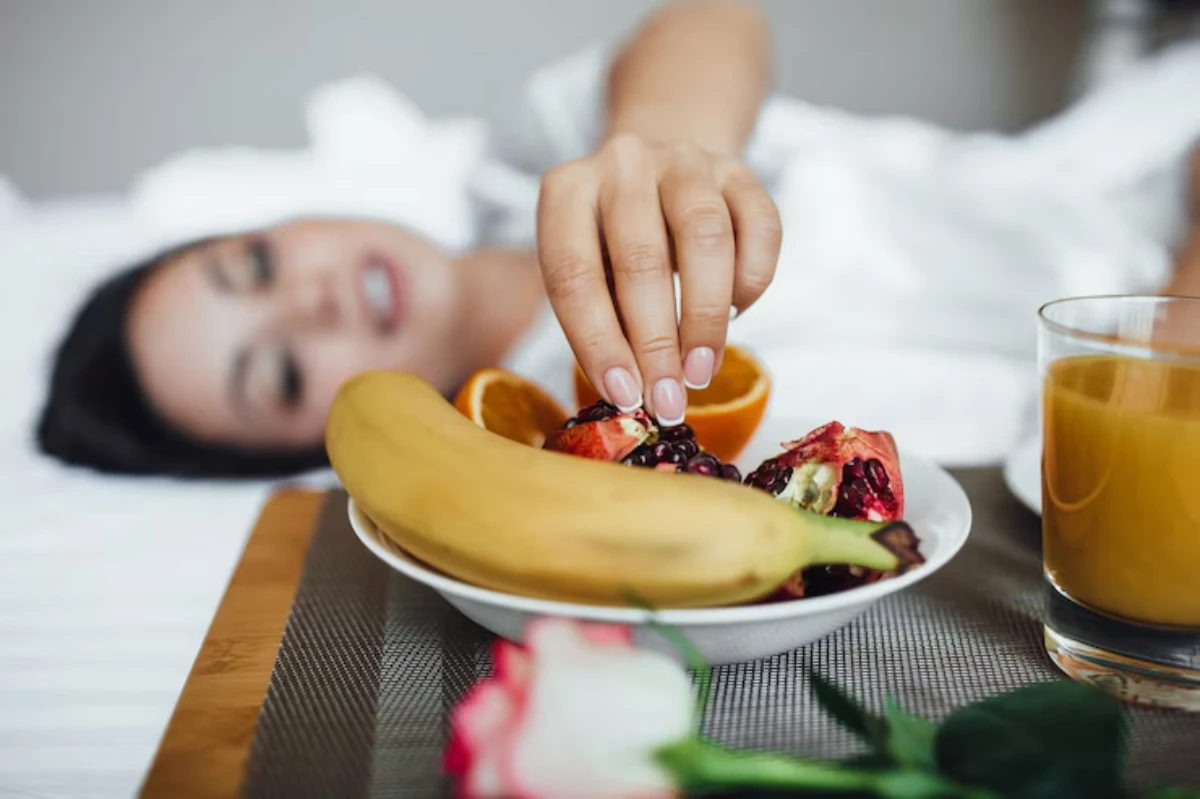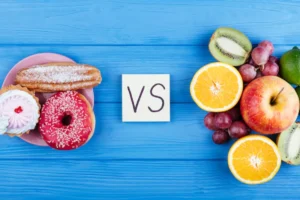The Health Blog

Intermittent Fasting and Sleep: Improving Rest
What If Better Sleep Starts with Your Last Meal?
Most of us know a late-night snack isn’t ideal. But what if the timing of your meals plays a bigger role in sleep than we realise?
Intermittent fasting is well known for boosting energy and helping with weight loss. Yet many people also report a surprising benefit: they sleep better. Not just a little better — deeper, more consistent sleep, with fewer wake-ups and easier mornings.
This isn’t wishful thinking. Meal timing affects your internal clock, and that clock affects how well you rest. In this article, we’ll explore how fasting can support better sleep and how to tweak your routine to fall asleep faster, stay asleep longer, and wake up refreshed.

Why Late Eating Can Wreck Your Rest
It Keeps Your Body Working When It Should Be Sleeping
Your body needs time to unwind at night. If you eat late, you delay that process. Digestion takes energy — energy your body could use to repair tissues, balance hormones, and help you recover from the day.
It Disrupts Hormones That Help You Sleep
Eating triggers insulin, which can block melatonin, the hormone that helps you feel sleepy. If you snack at 9 PM, your body might struggle to switch from “digest mode” to “rest mode.”
It Messes with Blood Sugar
High-carb or sugary evening meals can spike your blood sugar, then cause a crash, sometimes in the middle of the night. That crash can wake you up or stop you from reaching deep sleep.

How Intermittent Fasting Helps You Sleep Better
You Eat Earlier, Which Calms Your Body Down Sooner
Most fasting schedules finish dinner by 6–8 PM. That gives your body a few hours to settle down before bed. Less digestion = lower body temperature = better sleep.
You Avoid Night-Time Spikes
By skipping late meals, you avoid insulin highs and crashes that keep you tossing and turning. It’s like removing the bumps from the road — your sleep becomes smoother and more consistent.
You Support Your Circadian Rhythm
Eating during the day and fasting at night helps your circadian rhythm — your internal body clock — stay on track. This rhythm controls everything from energy levels to hormone release. When your meals align with daylight, your sleep tends to fall in line, too.
If you want to go deeper into the science behind these rhythms, check out our article on how fasting improves mental clarity — the brain and body really do work in sync.
Real-Life Example: How Carla Reset Her Sleep with Fasting
Carla, 38, struggled with restless nights and foggy mornings. She’d eat dinner late, then snack while watching TV.
“I didn’t even realise the food was affecting my sleep. I thought it was just stress.”
After switching to a 16:8 schedule and finishing dinner by 6:30 PM, she noticed she was sleeping better within the first week. She was no longer tossing and turning and dragging herself out of bed.
Setting a Sleep-Friendly Fasting Schedule
Try the 16:8 Approach with Dinner by 7 PM
This method gives you eight hours to eat — say, 11 AM to 7 PM — and sixteen hours to fast. By wrapping up dinner earlier, you give your body time to slow down before bed.
Don’t Eat Too Close to Sleep
Aim for at least 2–3 hours between your last meal and bedtime. If you go to bed at 10 PM, try to finish eating by 7 PM.
Stick to a Routine
Your body likes patterns. When you eat at the same time daily, your sleep improves, too. This is especially true if you also wake and sleep at regular hours.
For shift workers or those with odd hours, you might find our advice on adjusting your fasting schedule for shift work especially useful.
Common Mistakes That Affect Sleep While Fasting
- Eating too much right before fasting starts. This can leave you bloated and restless.
- Not eating enough protein or fat. These help you stay full longer, so you don’t wake up hungry.
- Drinking caffeine too late. If you’re fasting and feeling tired, it’s tempting to have coffee late, but this backfires at bedtime.
- Overhydrating at night. Yes, water is good. But if you drink a litre at 9 PM, you’ll likely wake up for the loo at 2 AM.
Tips for Sleeping Better While Fasting
- Create a calming bedtime routine. Read a book, stretch lightly, or sip herbal tea.
- Darken your room. Use blackout curtains or a sleep mask.
- Avoid screens an hour before bed. Blue light from phones or TVs confuses your brain into thinking it’s daytime.
- Use a magnesium supplement if needed. Many find it helps with both sleep and muscle relaxation.
What If You’re Too Hungry to Sleep?
This can happen if you’re new to fasting or didn’t eat enough during your window.
If you find it hard to sleep, consider:
- Adjusting your fasting window slightly later
- Adding more fibre or fat to your final meal
- Drinking a cup of warm herbal tea to curb cravings
It’s okay to ease into fasting — the goal is long-term progress, not short-term discomfort.
Conclusion: When You Eat Affects How You Sleep
Sleep isn’t just about bedtime routines and pillow quality. It’s also about how and when you fuel your body.
Intermittent fasting improves sleep by avoiding late-night meals and aligning eating with the body’s natural rhythm. You fall asleep faster, sleep deeper, and wake up with more energy.
So tonight, try finishing dinner a little earlier. Turn off the screens, dim the lights, and let your body wind down. You might be surprised how much better you feel, starting tomorrow morning.









